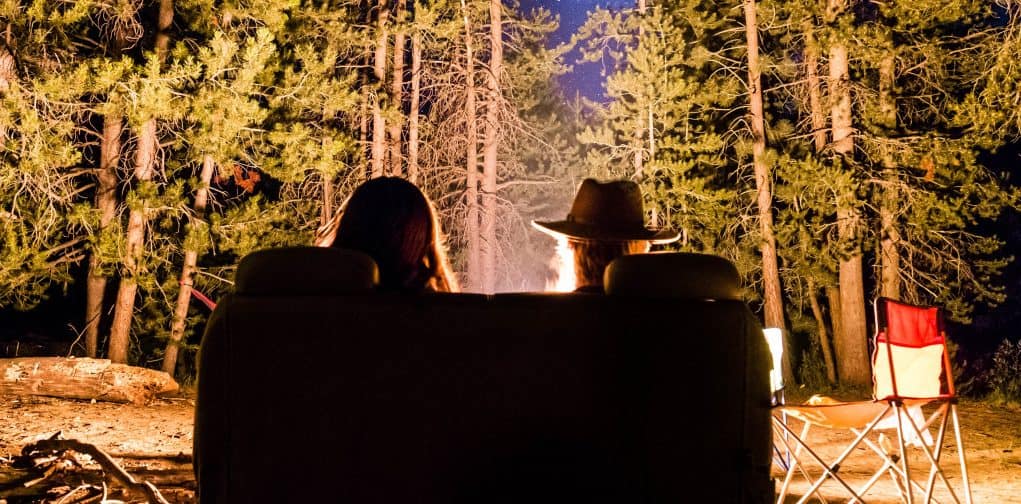Meeting people abroad has never been easier.
Whether you’re looking for your soulmate, a casual fling or a purely platonic connection, a multitude of apps and websites have sprung up to ease that awkward first step.
On the romance front, Tinder stands supreme as the go-to app for frisky singles, ensuring a potential date is but a right swipe away. For those seeking less lust-filled fun, Meetup and Couchsurfing (especially its Hangouts feature, available on the app) mean finding friendly locals or fellow travellers has never been easier.
In many ways, these apps and websites are a godsend for the independent traveller, allowing them to connect with a diverse group of people from their phone.

On your own terms
That means no more hanging around bars trying to strike up conversations to relieve the occasional loneliness of solo travel. No more awkward introductions at breakfast only to discover your respective travel plans diverge around noon.
Now, you can specify what you’re looking for, where you’d like to visit, the experiences you’d like to have – and find someone who is on your wavelength.

Sounds good? Well…
Arriving in a new country, without a local support network, unsure of the dodgy parts of town, or the red flags which may indicate nefarious intentions magnifies the risks that exist on ‘connecting people’ apps and websites back home.
So vigilance is advised. But what does that mean in practice?
A few simple rules can ensure that connecting with strangers when travelling is a highlight of your time abroad, and not a reason to book a ticket home.
Know who you are meeting
Depending on which platform you’re using, this can mean a number of things. Couchsurfing members have a review system for users who have met up in the past (usually to ‘surf’ a couch or host a surfer). If someone has a new account, is not verified, has no reviews or even bad reviews, it’s a red flag which means you should probably not meet in real life.

Meet in public during the day
Meeting in a crowded coffee shop, a stone’s throw from your accommodation, means you’re afforded the security of crowds – and the means to beat a hasty retreat if things don’t feel right. Don’t be railroaded into heading somewhere you don’t feel comfortable, either. It’s also useful to have an ‘out’ – a readily available excuse, such as meeting another friend – if you suddenly feel like breaking off the meeting.

If it looks too good to be true…
…it probably is. So, if you’ve been approached by a stunning 22-year-old model-like local who’s keen to act as an impromptu travel guide for the day, exercise caution. Is she or he clearly out of your league? Are they being a bit too flirty, a bit too early on? As tempting as it is to imagine you’re suddenly the most desirable guy in town, be aware that flattery has oiled the wheels of many a scam aimed at amorous foreigners. Speaking of which…
Be aware of common scams
What ‘connection’ apps have achieved for scammers is a handy way of making that first contact, eschewing the need to approach on the street. So, knowing a little about the scams that are out there can steel you against becoming a victim yourself. The ‘Let’s have a drink’ scam – where a ‘friendly’ local happens to invite you to a bar he knows, only to saddle you with the extortionate bill at the end of the evening – is practically tailor-made for the Tinder generation.
3 Tourist Scams and How to Avoid Them









